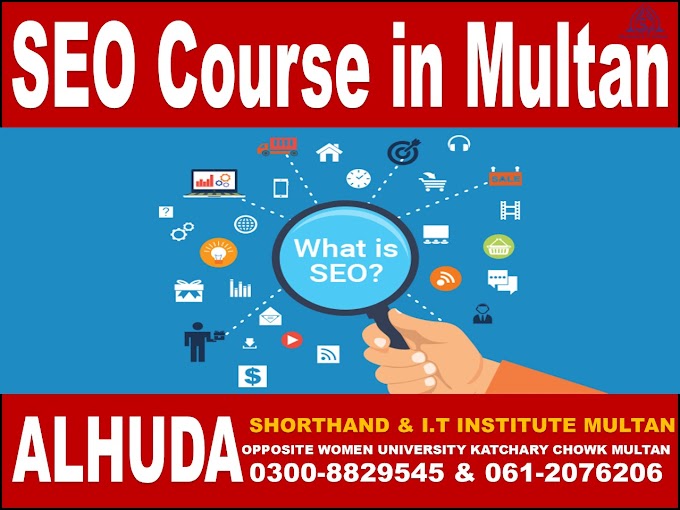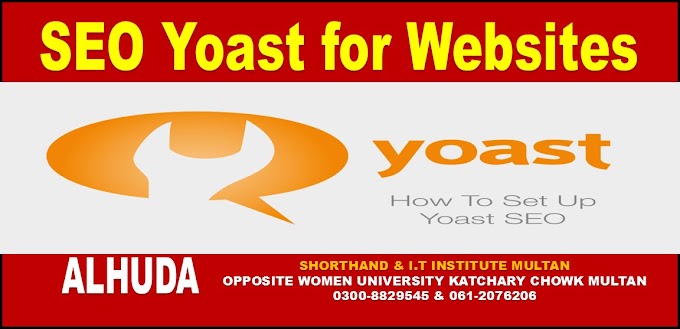Links and off-page SEO:
Building back links is at the center of off-page SEO. (SE) Search engines use backlinks
as identification of the links-to contents of quality, so a site with many
high-value back links will usually rank better than an otherwise equal site with
fewer backlinks.
There are
three main sorts of links, defined by how they were earned: natural links,
manually built links, or self-created links.
• Natural
links are editorially given with none action on the part of a page owner. as an
example, a food blogger adding a link to a post that points toward their
favorite produce farms could also be a natural link.
•
Manually builts link are acquired through deliberate link-building
activities. including all things like getting customers to link to your
websites or asking influencers to share your content.
•
Self-created links are created by practices like adding a backlink during a web
directory, blog comment signature, or a handout with optimized anchor text.
Some self-created links building tactics tend toward black hat SEO and are
frowned upon by program optimization so tread lightly here.
Regardless
of how links were obtained, people that offer the simplest contribution to SEO
efforts are generally people that pass the foremost equity. The are many
signals that positively contribute to the equity passed, such as:
• The
linking site's popularity
• How
related the linking site's topic is to the situation being linked to
• The
"freshness" of the link
• Anchor
text used on the linking site
• The
trustworthiness of the linking site…
•
The Number of other links on the linking pages
•
Authority of the linking domain and page
Off-page SEO refers to optimization activities you can do outside the boundaries of your website. Anything taking place outside of your website and contributing to your ranking is considered off-site SEO: social media marketing, influencer marketing, mentions (direct or indirect), guest blogging (sometimes black-hat), so on, so forth.
Also called
off-site SEO, this type of search engine optimization gives search engines a
glimpse as to how people and digital entities across the Globe and Internet
read your website’s overall features. Off-page SEO rhymes with words like link
building or promotion activities, yet the whole thing isn’t just about links,
but about a whole lot more. We’ll expand on it a bit later on.
By deploying
better off-page SEO techniques means you are trying to prove to your readers
and search engines that your site is trustworthy, authentic, relevant, and
could very well be popular in your industry. The benefits triggered by good
off-page SEO tactics are multiple, but let’s name a few: increase in rankings,
increase in PageRank, more visits, more social media mentions, and more
visibility.
Build and
chase quality links. That’s the first and most important thing to remember
about links. According to our SEO terms glossary, “NoFollow is an attribute
webmasters can use when linking to a website that tells search engines to
essentially ignore the link. Social networks are notorious for using NoFollow
links when linking to external websites. Links without the NoFollow attribute
are referred to as DoFollow”. If you’re wondering actually what impact do
NoFollow links have on your website, here are some actionable data and tips,
all backed up by case studies and Google’s position in this matter.
Link
building is the most popular marketing technique deployed by professionals all
over the world. It’s the most desired outcome of all – ok, to some extent. It is so important that, even though Google
suggests that content is the #1 ranking factor, it’s often preferred by the
masses over the principle of crafting and providing quality fresh content. Yet,
content is still contributing a lot to your linking strategy.
Links are
translated as votes or applause to your website, an overall appreciation of
your brand. The same link building effort contributed to the rise of what’s
known today as black hat SEO. Sometimes, people are so desperate
to gather links that they start playing with fire and perform the
following: forum signatures, enroll your website in content directories,
link exchange schemes, link networks, blog directories, comment link (a.k.a.
comment signature), article directories, and so on.
There are
things that make a referring domain, hence a link, valuable (or not),
and this are: popularity, topic match between the two domains tied by a link
(is the link relevant?), anchor text, link freshness, website trustworthiness,
domain authority (DA) and/or page authority (PA), and no. of links used by the
“sender” page. Hence, pay attention to whom you’re linking to and how you’re
doing it.
Three main
types of links populate the web:
·
natural links: a user/customer/reader knows the content on your page and has
a positive view over your services, and links to your business as a sign of
trust, appreciation, and endorsement;
·
manually build links: gained through direct link building efforts; willfully asking customers to link to your product, or influences to share your content;
·
self-created links: when posting your website link in comments a.k.a. comment
signature, or in web directories, forums, press releases etc (most of them
enter in the black hat category)
The wisest
move would be to practice natural link building. The best way to do this is to
make your content worthy of links, and links will come naturally. Guest
blogging is also a good idea but be careful not to overlink your website and
make your contribution more spammy than useful. Also, build your links at a
normal, traditional pace, if you will, which is gradually, or else Google will
think you’re doing some black-hat magic.
Link building should be about
quality, not quantity. Many digital marketers or businesses tend
to forget that. Go for the high-quality links. But don’t let this stop you from
linking to and getting links from smaller or younger brands and professionals,
as long as the domains are good and are related to your niche. They have to
meet the further requirements: quality, proper text and keywords, inbound
numbers, and others I’ve already mentioned before. In the end, you should have
the best of both worlds. And you should target it, even when you think your
business is in a boring niche and there’s not much you
can do.




















0 Comments